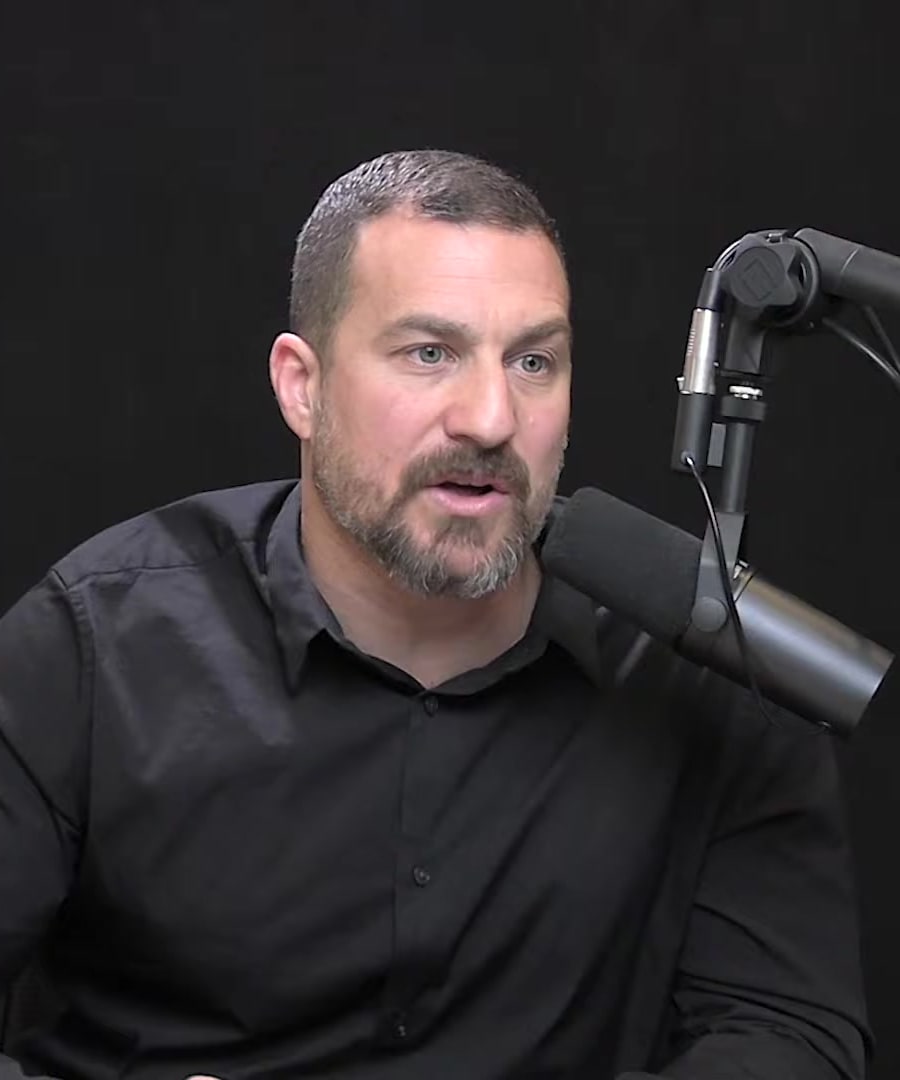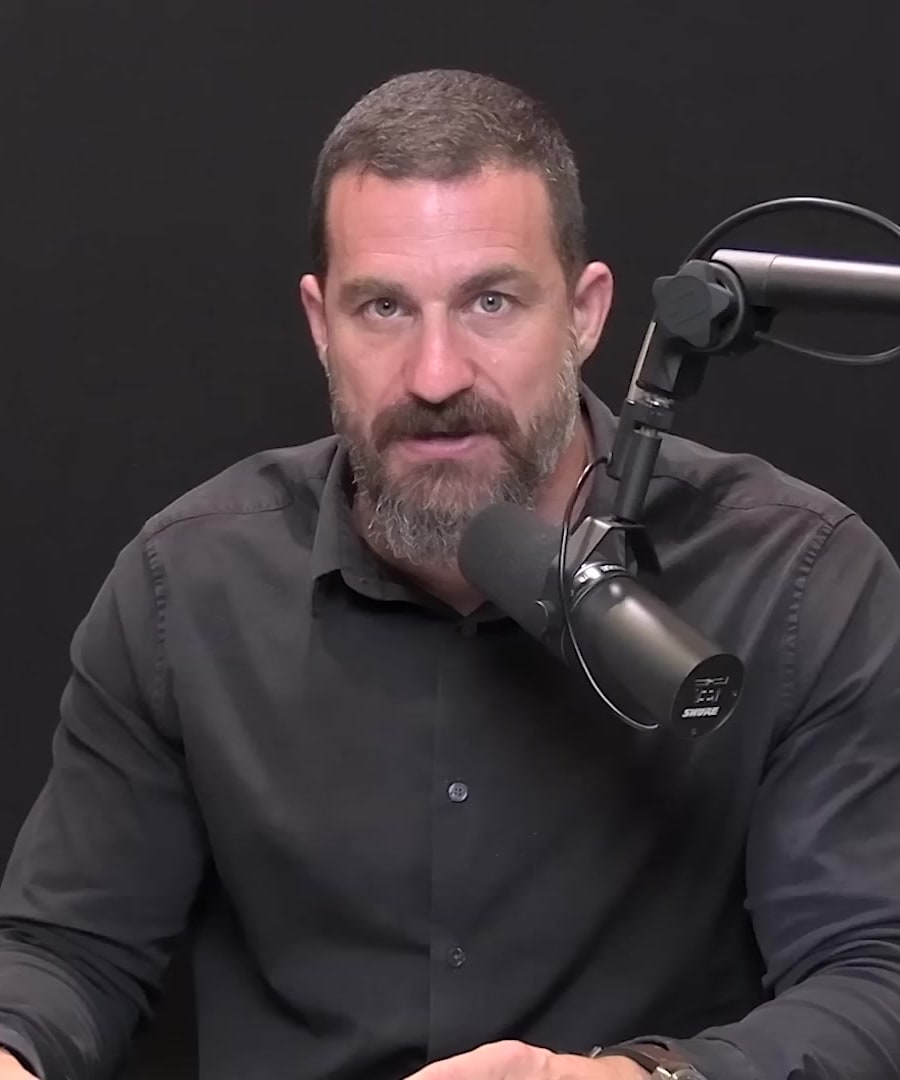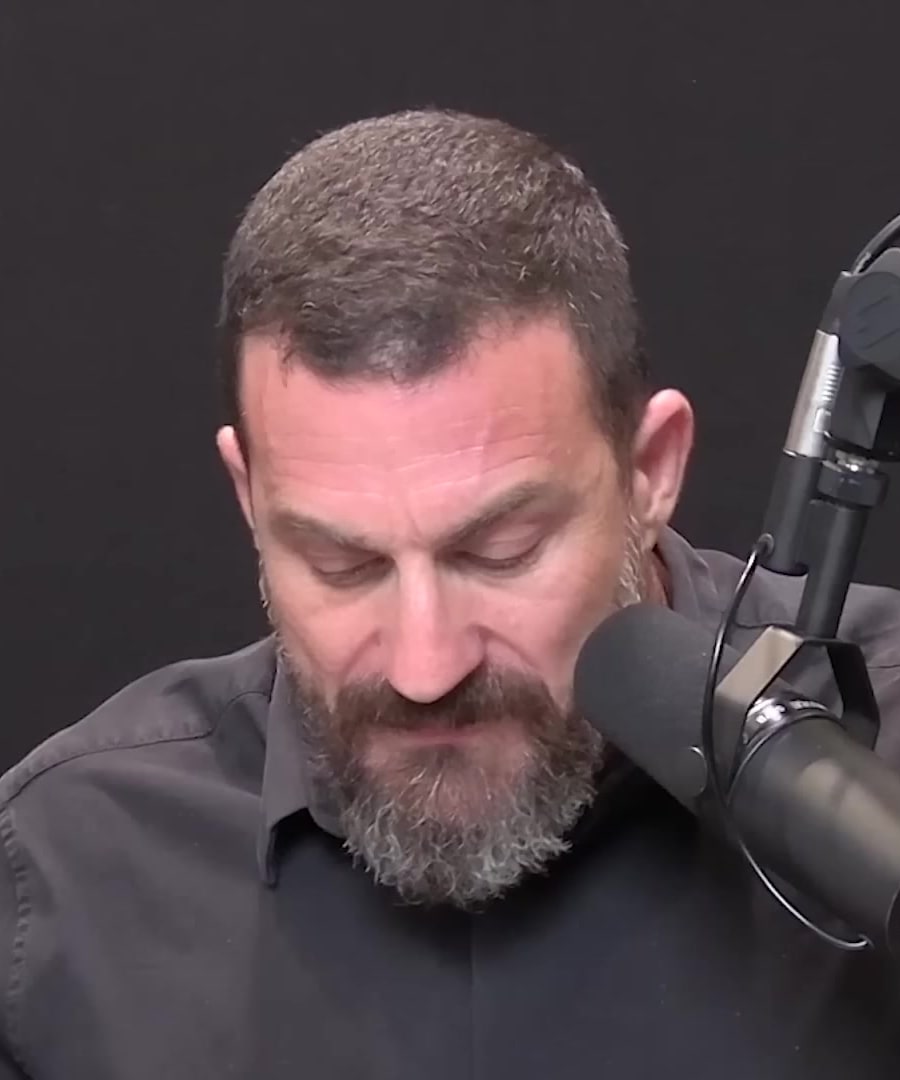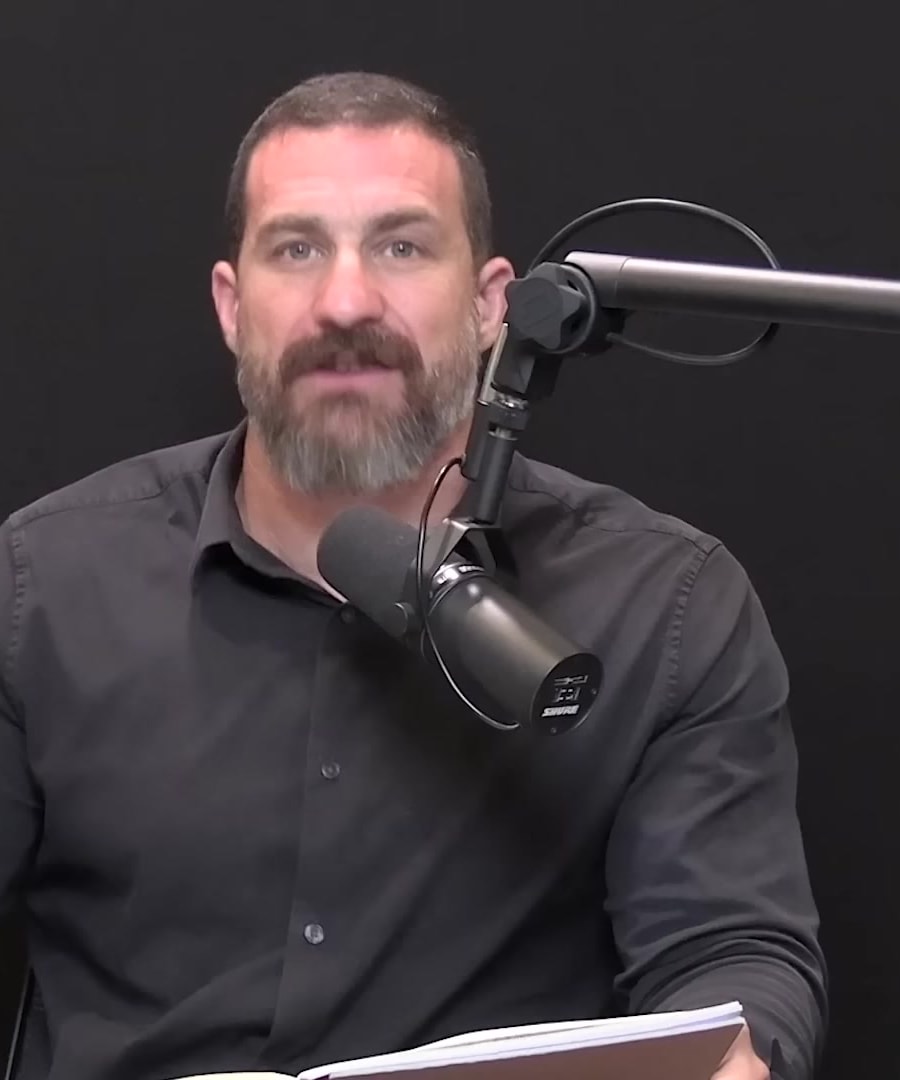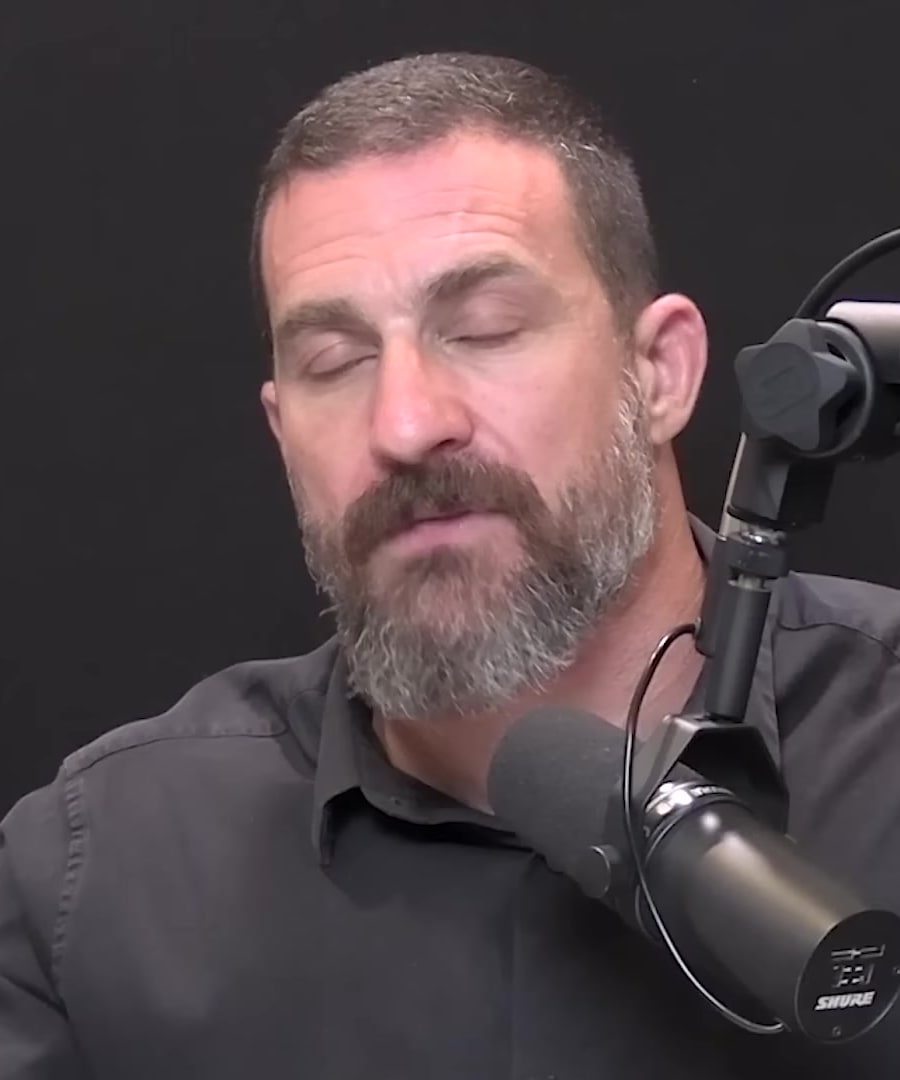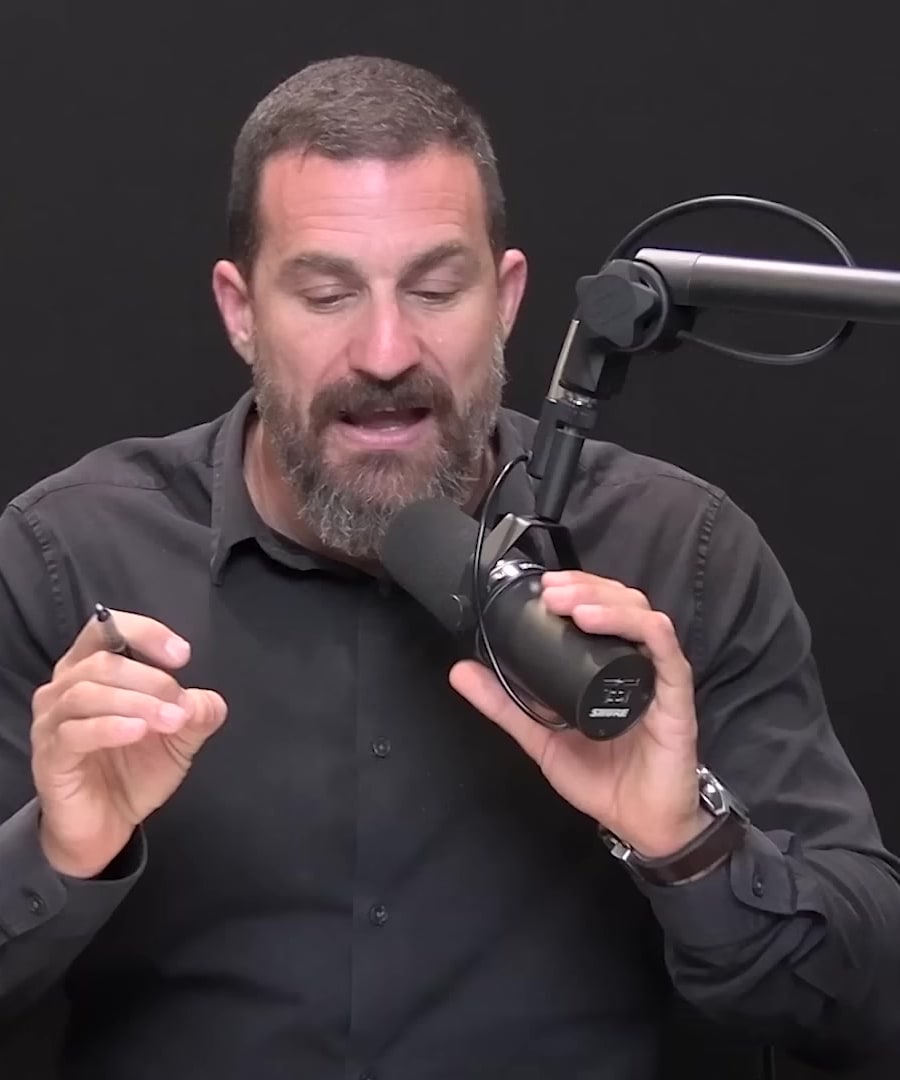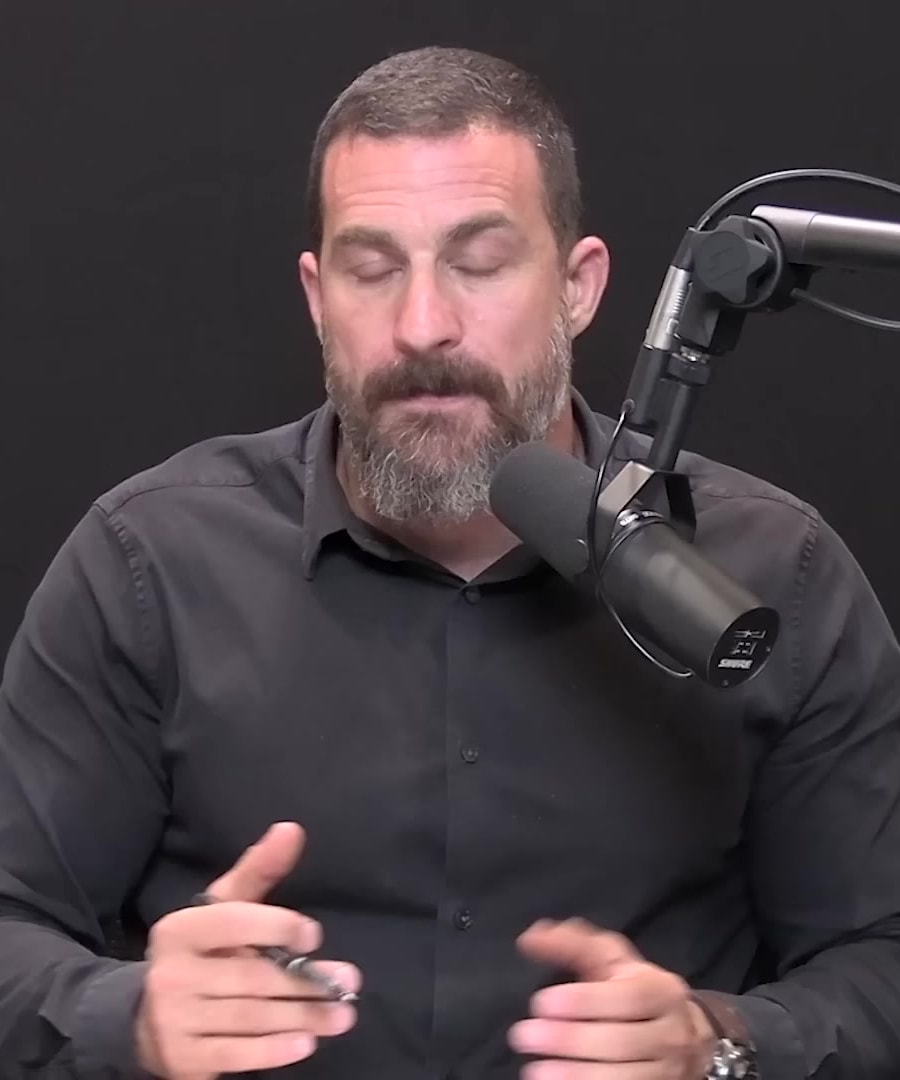How does Marijuana disrupt your sleep?
Sources:
Marijuana, particularly the component THC (tetrahydrocannabinol), can disrupt the architecture of sleep and block REM (Rapid Eye Movement) sleep. Regular use of THC has been tied to a decrease in REM sleep, with users often noticing that they don't remember their dreams. When users stop THC consumption, they sometimes experience intense dreams, referred to as "REM rebound," where the brain tries to catch up on the REM sleep it's missed but never fully recovers all the lost REM sleep. This is because THC can lead to withdrawal dependency, causing severe rebound insomnia and, potentially, a dependency tolerance where more THC is required to attain the same sleep-inducing effects. Additionally, it's highlighted that while THC might expedite the onset of non-consciousness, it does not provide restful, restorative sleep 1 2 3.
RELATED QUESTIONSWhat are other health impacts of marijuana?
Sources:
Marijuana can have several health impacts, both on the physical and psychological levels:
-
Respiratory and Endothelial Health: Smoking or vaping cannabis can severely impair lung function and damage endothelial cells in blood vessels. This can reduce cognitive capacity, increase the probability of strokes, lead to peripheral neuropathies, sexual dysfunction, and impact the endothelial system in ways that can affect overall health 1.
-
Mental Health: Chronic or heavy cannabis use can significantly increase the risk of mental health disorders such as psychosis, schizophrenia, bipolar episodes, anxiety, and depression. Those effects are more acute if there's a predisposition to these conditions and if use begins during adolescence, continuing up to age 25 2. Even in non-chronic users, levels of anxiety and depression can increase with time, creating a potential for more severe mental health issues later in life 3 4.
-
Hormonal Effects: There's some evidence to suggest smoking cannabis may affect testosterone and other hormone levels due to an increase in prolactin. This could influence dopamine levels and lead to hormonal imbalance, affecting sexual health and mood regulation 5.
-
Brain Health and Development: Cannabis use can impair the brain's ability to make plans and execute them, fundamental to a healthy human being. Frequent use of cannabis is associated with impaired neural circuits and cortical thinning, notably detrimental to normal cognitive processes. The development of the brain, particularly the prefrontal cortex, is negatively affected by the use of cannabis during adolescence 6.
-
Perception and Usage Among Adolescents: The perception of cannabis safety can increase its usage among adolescents, which is concerning given the developmental stages of their brains. The less dangerous people perceive cannabis to be, the higher the probability of its use. The importance of educating this demographic on the negative effects of cannabis is critical given its lasting impact on brain development 7.
In addition, there are findings highlighting specific concerns for pregnant women, as cannabis use during pregnancy can have serious negative consequences on fetal brain development 8. It is clear from the research that while there may be some positive medicinal effects of cannabis for adults and in certain conditions, the risks for young people and chronic users are considerable.
RELATED QUESTIONS-
How does Marijuana disrupt your sleep?
- RELATED QUESTIONS
What are other health impacts of marijuana?
- RELATED QUESTIONS

